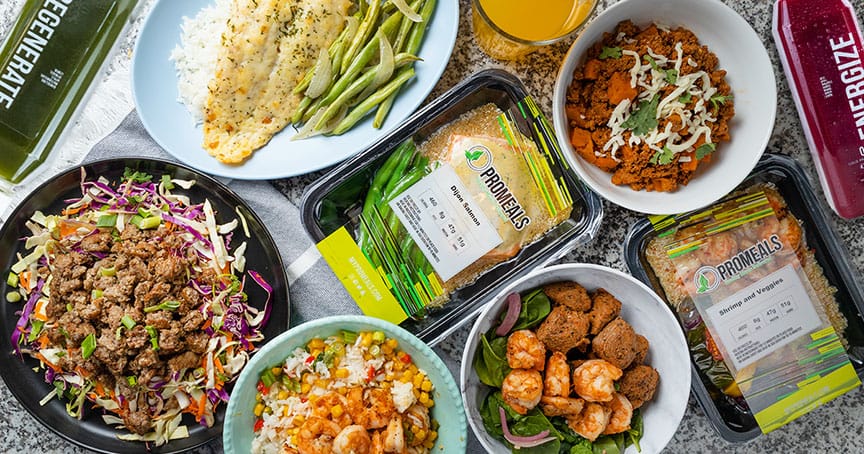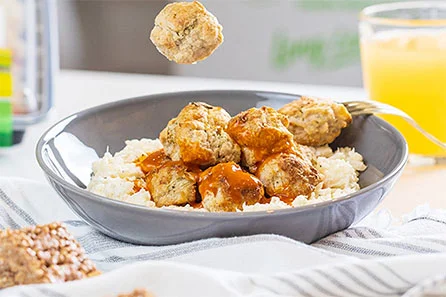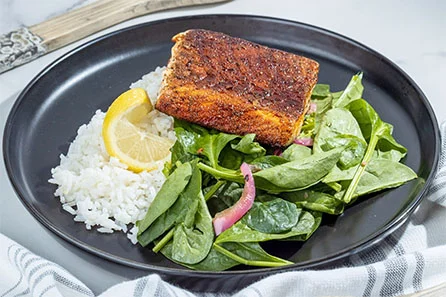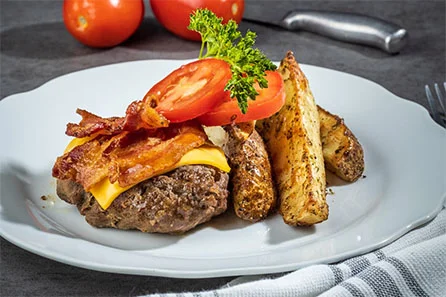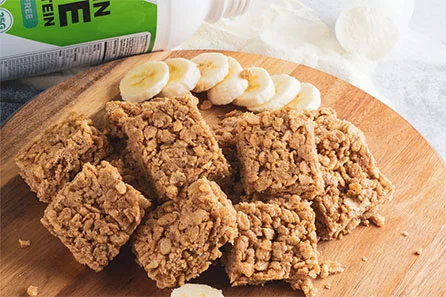Snacks that are good for lactation should include foods that are high in protein and nutrients, as well as those that contain galactagogues - substances known to increase breast milk production and flow. Foods such as oatmeal, nuts, seeds, beans, dairy products (like yogurt), fish, eggs, and whole grains are all excellent sources of vital nutrients and contain galactagogues. Additionally, snacks that include healthy fats, such as avocados, olive oil, and nut butters can be part of a lactation-friendly diet. Fruits and vegetables are also great additions to any snack because they provide essential vitamins and minerals that can help with nourishment and energy levels.
Breastfeeding is a vital part of parenting and it can be incredibly rewarding for new mothers. However, nourishing your body during lactation is essential for providing the best nutrition for both mother and baby. That's why having healthy and nutritious snacks on hand is so important! Not only do these snacks provide vital nutrients, but they also contain galactagogues, substances known to boost milk production and flow. In this blog post, we'll explore some of the best snacks for lactation and provide delicious recipes for breastfeeding moms to enjoy. So read on to learn about the perfect snack ideas for boosting your milk supply during lactation!
Fuel Your Breastfeeding Journey
Breastfeeding is one of the most important aspects of being a mother. It’s a rewarding experience that helps to bond parent and child, as well as provide essential nutrition for both mother and baby. However, nourishing your body during lactation can be challenging - especially when it comes to snacks! That's why having healthy and nutritious snacks on hand is so important in order to provide the best nutrition for both mother and baby. In this blog post, we’ll explore some of the best snacks for lactation and provide delicious recipes that are sure to help breastfeeding moms nourish their bodies while boosting milk production. So read on to learn about the perfect snack ideas for boosting your milk supply during lactation!
What Makes a Snack Good for Lactation?
The key to successful breastfeeding is nourishing the body with nutrient-dense foods, and snacks are no different. Snacks that are good for lactation should include foods that are rich in protein and other essential nutrients, as well as those that contain galactagogues - substances known to increase breast milk production and flow. Foods such as oatmeal, nuts, seeds, beans, dairy products (like yogurt), fish, eggs, and whole grains are all excellent sources of vital nutrients and contain galactagogues. Additionally, healthy fats such as avocados, olive oil, and nut butters can be part of a lactation-friendly diet. Fruits and vegetables are also great additions to any snack because they provide essential vitamins and minerals that can help with nourishment and energy levels.
By combining these nutritious snacks with regular meals, new mothers can help ensure they're providing their bodies with the fuel they need to keep up with the demands of breastfeeding. Not only will it give them more energy, but it can also help increase milk production and flow.
Top Sources of Galactagogues
Galactagogues are substances known to boost breast milk production and flow. Examples of foods that contain galactagogues include oats, barley, flaxseed, fenugreek, garlic, ginger, alfalfa, brewer’s yeast, and sunflower seeds. Additionally, certain herbs such as fennel and anise have been known to have lactogenic properties.
Oatmeal is a great source of galactagogues, and it can be easily added to other healthy snacks such as yogurt or smoothies. Other popular options include flaxseed - which can be added to muffins or breads for an extra boost - and brewer’s yeast - which can be stirred into yogurt or sprinkled over salads.
Including these galactagogues in your diet can help to increase your milk production and flow, resulting in more nourishment for both mother and baby. However, it’s important to remember that each woman’s body is different, so what works for one might not work for another. It’s always best to consult with your doctor before adding new foods to your diet.
Healthy Fats to Include in a Lactation Die
When it comes to including healthy fats in a lactation diet, there are several options to choose from. Avocados are a great source of healthy monounsaturated fats and can be easily added to salads, sandwiches, or smoothies. Olive oil is another good choice for adding healthy fats - it can be used in salad dressings or drizzled over cooked vegetables for an extra boost of flavor. Nut butters such as peanut or almond butter are also excellent sources of healthy fats, and can be spread onto toast or added to smoothies for a protein-filled snack.
Healthy fats play an important role in providing the body with energy and essential nutrients. They can help to keep hunger at bay and provide nourishment that will help new mothers meet the demands of breastfeeding.
By combining healthy snacks rich in protein, essential nutrients, and galactagogues with regular meals, new mothers can help ensure they’re providing their bodies with the fuel they need to keep up with the demands of breastfeeding. Not only will it give them more energy, but it can also help boost milk production and flow. With a little planning and the right nutrition, new moms can enjoy delicious snacks while continuing to provide their babies with the nourishment they need.
Tips for Eating a Lactation-Friendly Diet
Creating and maintaining a lactation-friendly diet may seem overwhelming, but it doesn’t have to be. Here are some tips for eating a balanced diet that will help support your milk production and flow:
- Eat regular meals and snacks throughout the day.
- Include protein in each meal and snack.
- Aim for a variety of colorful fruits and vegetables.
- Eat healthy fats such as avocados, olive oil, and nut butters.
- Incorporate galactagogues such as oats, barley, flaxseed, fenugreek, and brewer’s yeast.
- Stay hydrated - aim for 8-10 cups of water a day.
- Take breaks throughout the day to rest and recharge.

By following these simple tips, new mothers can ensure they're getting all the nutrients they need while breastfeeding. Eating a healthy diet will not only help to boost milk production, but it can also provide the energy needed to tackle all that comes with motherhood. So take time for yourself and make sure you’re eating a lactation-friendly diet!


